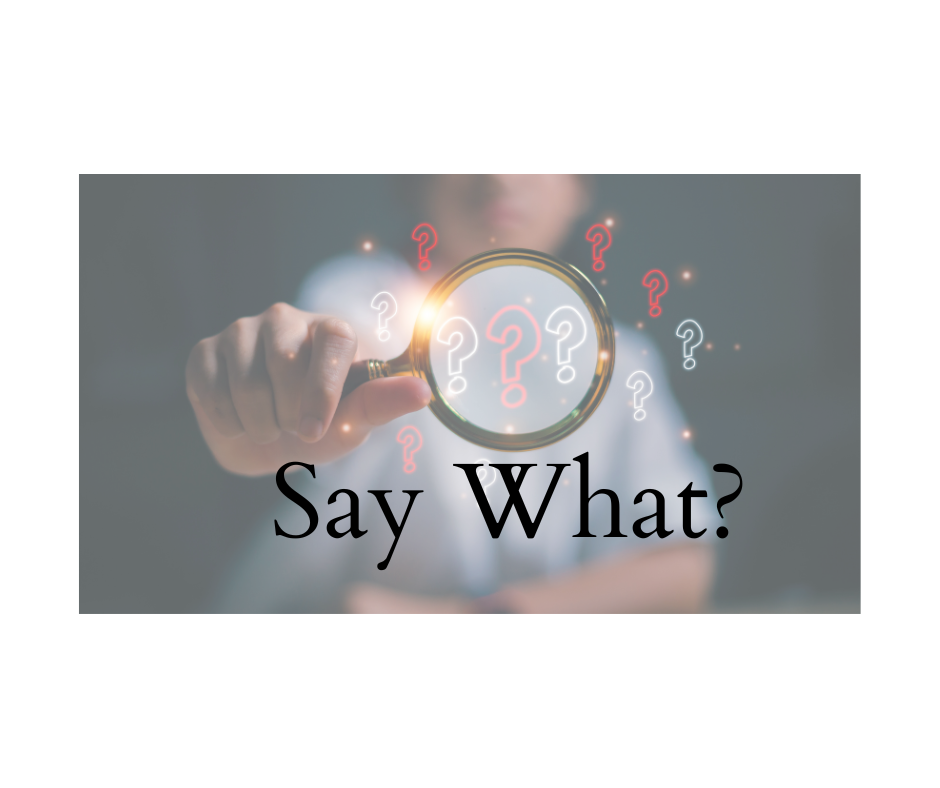Alternating between Alternatives
There seems to be some confusion over the words alternate and alternative. Can they be used interchangeably? Does alternative involve only two choices? The confusion is understandable since both words serve multiple parts of speech.
Alternate can be a verb, noun, or adjective. When used as a verb, the last syllable is accented and the final a is long.
- Verb: Joan and I alternated sitting in the front seat to keep our motion sickness under control. (Meaning: took turns)
- Noun: The alternates to the political convention were vocal in their opposition to platform’s taxation plank. (Meaning: substitutes)
- Adjective: We took an alternate route to the museum due to construction.(Meaning: another option/choice)
Alternative can be a noun or an adjective.
- Noun: My morning alternative to coffee is a headache. (Meaning: a choice—caffeine or headache)
- Adjective: Lolapalooza began as a showcase for alternative bands in the early 1990s. (Meaning: another choice, option)
Some argue that alternative refers only to two choices. Such reasoning is a logical progression from the word’s Latin root alter, meaning “the other of two.” But there is nearly universal agreement that alternative can refer to multiple options. Both Merriam-Webster and the American Heritage Dictionary define alternative as involving two or more choices. So writing “The alternatives available to a Starbuck’s customer are limitless” is correct, if not overwhelming.








The confusion between “alternate” and “alternative” seems to be uniquely American.